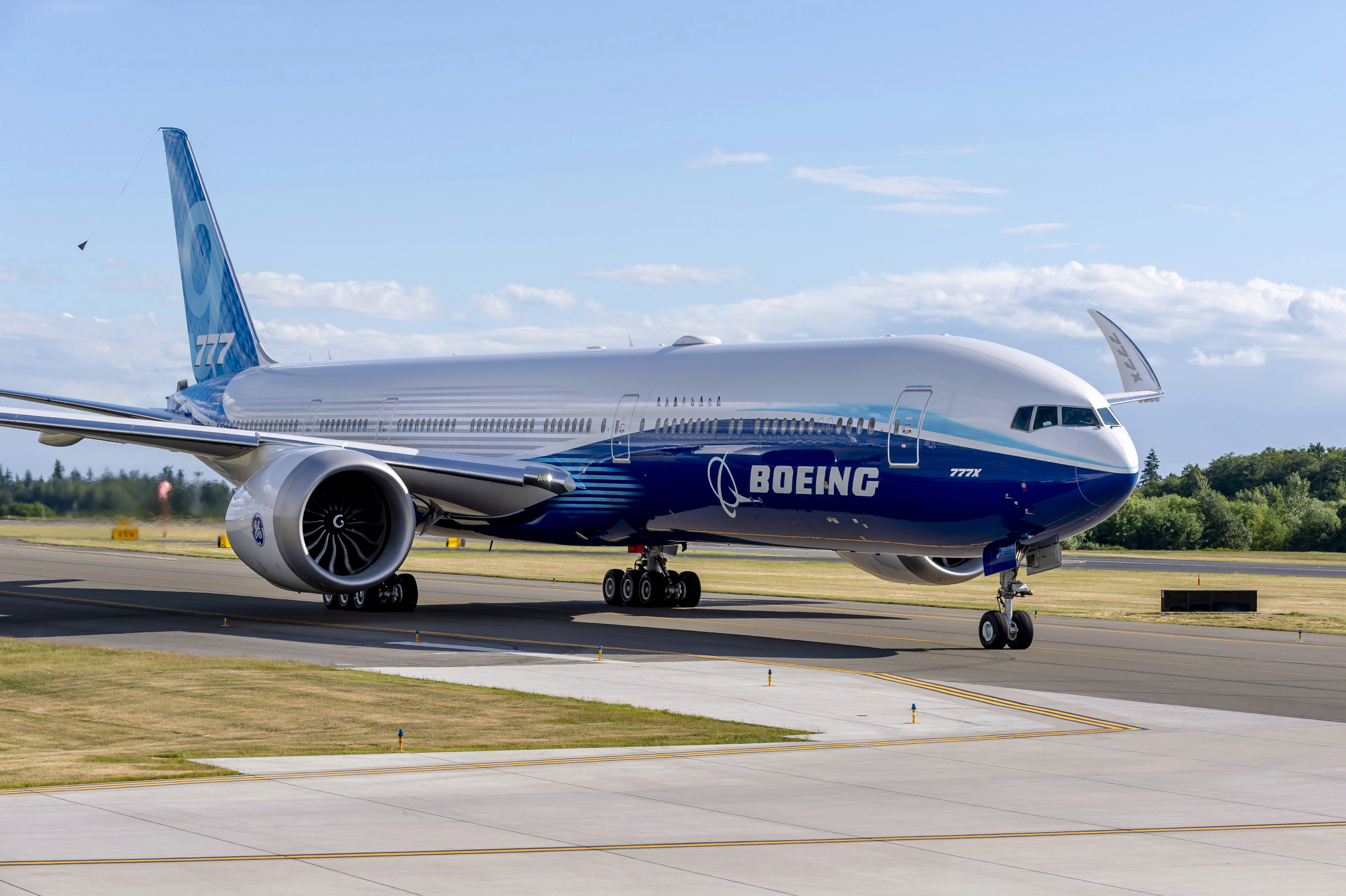Boeing's year continues to be plagued with difficulties as its shares fell well over 7% on May 24, 2024, at market close, as the company said its poor delivery results were likely to filter into the second quarter.
At the Wolfe Research Global Transportation & Industrials Conference, Boeing executive vice president and chief financial officer Brian West said: ""In terms of deliveries, there's not going to be a step up in the second quarter. The second quarter will be more or less in line with the first quarter.""
Boeing had delivered 83 aircraft in the first quarter, 67 of which were 737 aircraft. It had delivered only 29 planes in March and the number fell further in the first month of the second quarter, delivering only 24 aircraft in April 2024.
Though, West later added: ""The second quarter is going to be more in line, possibly a little worse than the first quarter"". The main driver for the weaker deliveries has largely been driven by the Civil Aviation Administration of China (CAAC) requesting additional validation on lithium batteries in the cockpit voice recorders used in its 787, 737, and 777X aircraft. These particular voice recorders have been used by Boeing since 2022. As a result, Boeing has ""not been delivering airplanes to China recently,"" West explained.
He then added: ""We will work very closely with the regulator. We follow their lead. We work closely with our customers, but that will very likely have an impact in the quarter on deliveries and our cash flow.""
The company is beginning to ""see pretty significant investment implications"" from its ramp up of production last year of the new 777X, which is still awaiting certification. West added: ""The near-term working capital pressure associated with a new airplane is as expected. And in the first quarter as an example, it was about $800 million higher and it's going to continue to grow as we move towards entry into service.""
Boeing is apparently prepared for the lift on cash associated with the 777X, with investments forecast to be ""pretty steady going forward"". West said it is focussing on ""trying to knock down certification milestones"" in order to leverage its aircraft deliveries.
The second half of 2024 is looking to be more positive as Boeing's commercial deliveries are set to see a higher output, particularly out of its 737 programme, along with it expecting to shut down its ""shadow factories""; a term which Boeing has used to refer to its engineers working on evaluating and fixing the issues of its aircraft, rather than working on production.
The term materialised mostly in the wake of its production issues which were unearthed following the Flight 1282 incident where a door plug blew out mid-flight on an Alaskan Airlines flight on a 737 MAX 9 on January 5, 2024. The subsequent Federal Aviation Administration (FAA) investigation led to concern over Boeing's safety culture and quality control issues, as well as imposing a limitation on its output of the 737 programme.
FAA administrator Mike Whitaker had given Boeing 90 days to formulate a comprehensive plan to address its quality issues at the end of February 2024. On May 23, 2024, Whitaker told ABC News: ""It's going to be a long road to get Boeing back to where they need to be making safe airplanes."" The FAA had condemned Boeing's safety culture in its report in February.
However, Boeing had addressed some of these concerns in its third annual safety report on May 24, 2024. It said that Boeing is continuing to work on long-term initiatives to address the recommendations made by the FAA, with the use of its 'Speak Up' reporting programme increasing 500% year-on-year since the Flight 1282 incident.
""Our commitment is to never forget our responsibility to make sure every action and decision bring lasting improvements to the safety and quality of our products and services,"" said Boeing chief aerospace safety officer Mike Delaney.
The report added that it worked with the FAA to develop machine-learning algorithms to identify emerging hazards and safety trends.
Boeing says ""no step up"" in deliveries for second quarter

